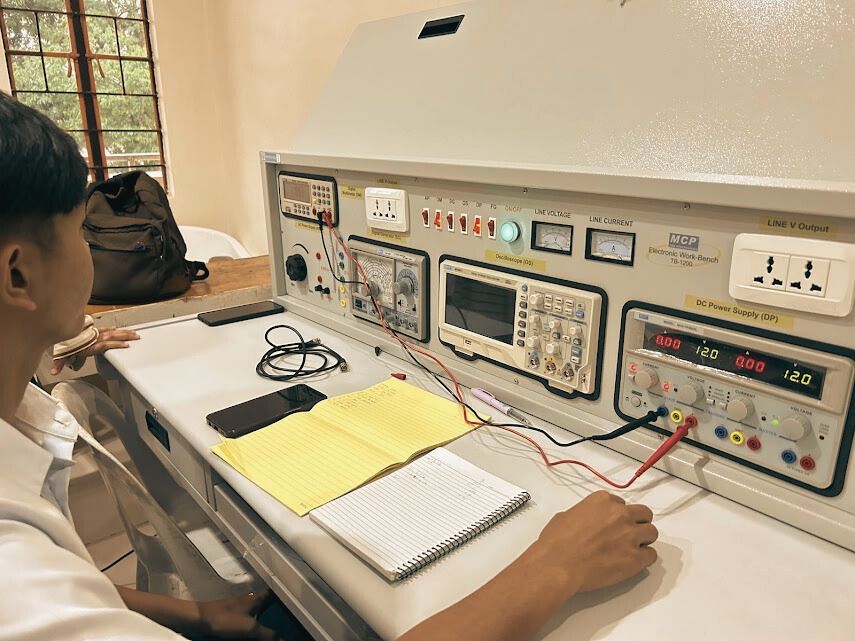
Overview
The Bachelor of Science and Electronics Technology program offers opportunities for student to learn and apply the scientific knowledge and methods in modern technology to support electronics technology activities in the field of industrial technology. Students are provided a focus on classroom instruction and hands-on laboratory and testing experiences. Moreover, the program prepares the students to become professionals, and be qualified for the positions in the field of electronics technology such as electronic systems analysis and design, technical sales and the service, and engineering operations and maintenance.
Program Competencies
The BS Electronics Technology program aims for the students to acquire the following competencies:
- Demonstrate capabilities in innovative leadership for technological advancements.
- Engage in lifelong learning and understanding of the need to keep abreast of the developments in the specific field of practice.(Philippine Framework or PQF level 6 descriptor)
- Effectively communicate orally and writing using both English and Filipino
- Work effectively and independently in multi-disciplinary and multi-cultural teams.
- Recognize professional, social and ethical responsibility.
- Appreciate the “Filipino historical and cultural heritage” (based on RA 7722)
- Apply knowledge of mathematics, science and engineering fundamentals to solve electronics technology problems.
- Design and conduct experiments, as well as to analyse and interpret data.
- Design system, component, or process to meet desired need within realistic constraints such as economic, environmental, social, political, ethical, health and safety manufacturability, and sustainability, in accordance with standards.
- Conduct investigations of well-defines problems; locate and search relevant codes and catalogues, conduct standard tests and measurements.
- Proficiency in the application of computer technologies commonly used in industry, governmental service, and private practice associated with the electronics technology;
- Function effectively as an individual and as a member in diverse technical teams;
- Understand and commit to professional ethics and responsibility and norms of technician practice.
- Understand and evaluate the sustainability and impact of electronics technology solutions in a goal, economic, environmental, and societal context.
- Ability to apply knowledge of contemporary issues in electronics technology.


